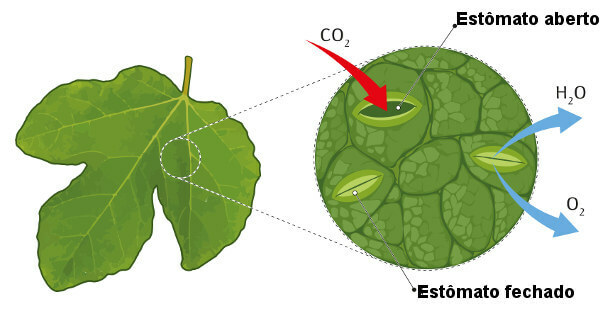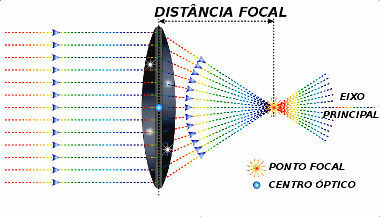New properties of vitamin K have been discovered recently, and one of them is its antioxidant action that helps prevent ferroptotic cell death. This study was essential to understand new details about how this vitamin can act in the treatment of several diseases, including Alzheimer's.
Read more: Find out which foods are rich in vitamin K; check the benefits
see more
Japanese company imposes time restriction and reaps benefits
Alert: THIS poisonous plant landed a young man in the hospital
What is the importance of vitamin K for the health of the body?
Vitamin K is a substance present in the body, responsible for blood clotting and building bone mass. New research from the University of Ottawa, by the Center for Free Radical Chemistry, has shown a number of previously unknown benefits present in this vitamin.
This vitamin can be found in dark-colored vegetables such as broccoli, kale and spinach, in addition to fruits such as kiwi, strawberries and grapes. She is responsible for strengthening our body in different areas, but mainly in the prevention of osteoporosis.
An adult person should consume about 90 mcg per day of this vitamin, and children up to 8 years old should ingest an average of 55 mcg. Thus, its consumption must be balanced, but it must be part of your daily diet.
How did the search go?
The research was the result of a collaboration between several researchers, from Germany and Japan to Canada. The results were published in the article “A non-canonical vitamin K cycle is a potent feroptosis suppressor”.
The study showed that vitamin K can act to inhibit cell death by ferroptosis and also found that the FSP1 enzyme may be key to understanding how the vitamin acts in the human body.
These results were of great importance, according to researcher Marcus Conrad, for the scientific field. After all, they will serve as a springboard for new forms of therapeutic treatment in people suffering from diseases related to ferroptosis.


